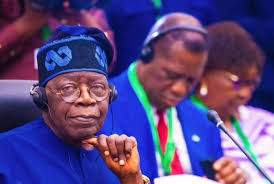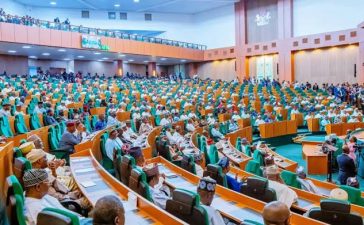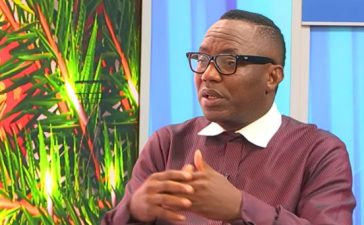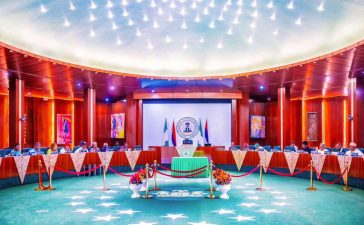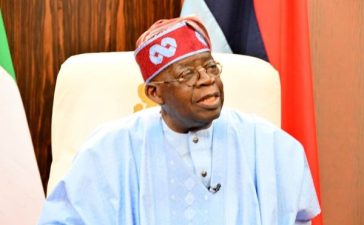President Bola Ahmed Tinubu has officially announced the finalisation of Nigeria’s Carbon Market Activation Policy, which is expected to unlock up to $2.5 billion in high-integrity carbon credits and climate investments by 2030. The move is set to position Nigeria as a leading climate finance hub in Africa.
The policy announcement came during a high-level virtual dialogue on climate and the just transition, co-hosted by UN Secretary-General António Guterres and Brazilian President Luiz Inácio Lula da Silva, ahead of COP30.
“As part of the broader energy reforms architecture, President Tinubu announced the finalisation of the Nigeria Carbon Market Activation Policy in March 2025,” read a statement signed by Bayo Onanuga, Special Adviser on Information and Strategy. “This policy will unlock up to $2.5 billion by 2030 in high-integrity carbon credits and related investments.”
Climate Action as a Strategic Imperative
President Tinubu, speaking from Abuja, emphasized that climate action is not a barrier to development but a strategic imperative. He also reaffirmed Nigeria’s commitment to updating its Nationally Determined Contributions (NDCs) by September 2025, aligned with the UNFCCC.
Nigeria’s Energy Transition Plan (ETP) aims for net-zero emissions by 2060, targeting sectors such as power, transportation, and industry. The estimated cost? A massive $410 billion by 2060.
To support this, the government is aligning regulations, restructuring institutions, and offering fiscal incentives to drive green growth.
Major Climate and Investment Initiatives
President Tinubu also spotlighted Nigeria’s:
Role in the Mission 300 Initiative to electrify 300 million Africans by 2030, in partnership with the World Bank and African Development Bank.
Plans to launch a Global Climate Change Investment Fund to mobilize and de-risk clean energy investments using blended finance models.
Implementation of the National Energy Compact, targeting wider access to clean energy and improved clean cooking technologies.
Gratitude was expressed to international partners like the United Nations and Sustainable Energy for All (SEforALL) for their advisory support in shaping Nigeria’s climate and energy frameworks.

